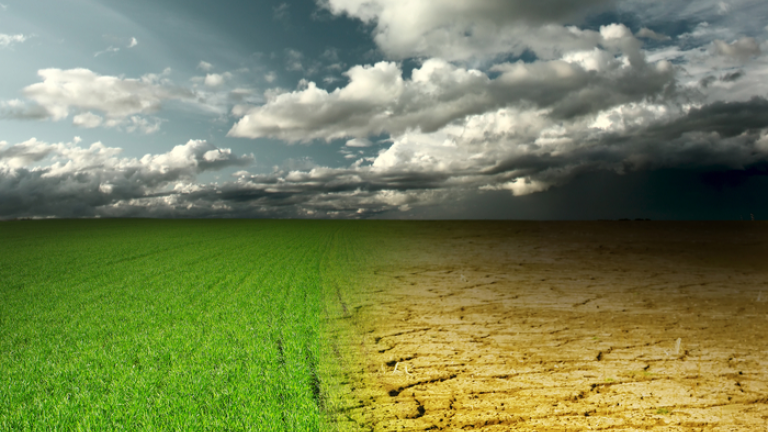The IACE pointed out that this rise would be around 1.4% next year if temperatures continue to rise and no measures are taken to reduce its impact
(TAP)- Climate change has contributed to a 0.9% rise in general inflation in Tunisia, according to a note published on Friday by the Arab Institute of Business Leaders (IACE), under the title ‘Climate inflation, challenges and opportunities in the light of climate change.’
The IACE pointed out that this rise would be around 1.4% next year if temperatures continue to rise and no measures are taken to reduce its impact.
The concept of ‘climate inflation,’ according to the note, is a way of assessing the direct impact of climate change on inflation, given that extreme heat waves are one of the main factors contributing to higher inflation rates, notably for food products.
The Institute therefore calls on the authorities to take the necessary measures to mitigate the economic repercussions of the heatwave forecast for this summer, including the adoption of preventive measures to deal with rising temperatures, which may cause fires and higher demand for electricity.
It also recommends ensuring the safety of workers, notably in the service and tourism sectors, by providing shaded rest areas, reducing working hours and adopting remote working mechanisms if working conditions allow.
It also calls for a review of annual holiday dates, to avoid summer heat peaks, and for cold chains to be respected to avoid any health risks and preserve products, especially foodstuffs and medicines.
Tunisia is one of the Mediterranean countries most vulnerable to climate change, with high temperatures and low rainfall leading to water scarcity and drought, and consequently lower agricultural production. The country is ranked 20th in the world among the countries suffering most from water stress, and 18th in terms of drought, according to the World Resources Institute (WRI) index.
As a result of the continued rise in temperatures, European countries are expecting food inflation to rise by around 3.2% a year, and general inflation by 1.18%, between now and 2035.
Source: Zawya



